Changing course: Water post-2043
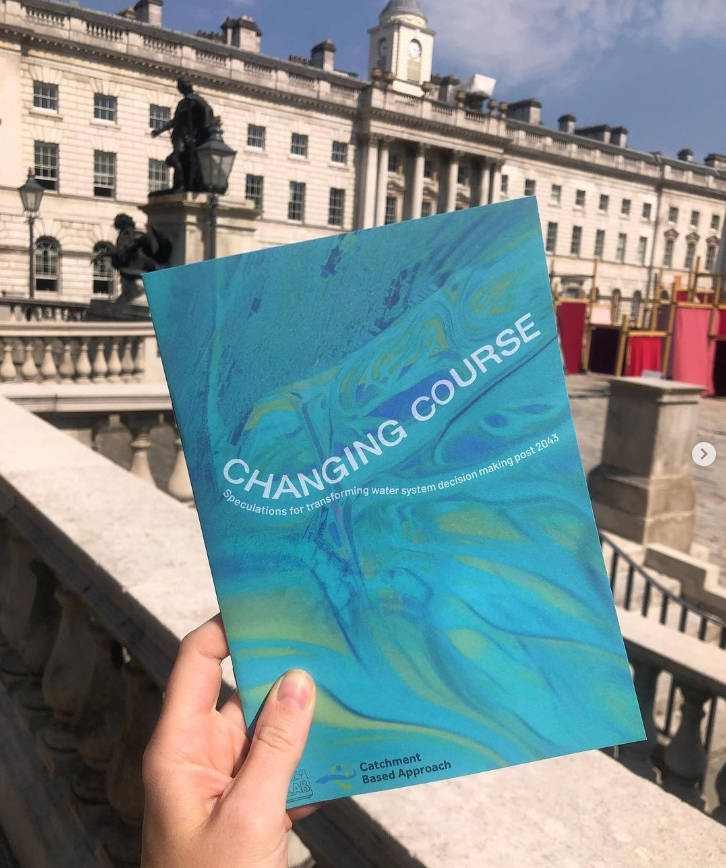
In June 2023, ‘Changing Course’ – a forum and exhibition hosted by CaBA (Catchment Based Approach) and led by Policy Lab and Defra Futures – asked “How can we transform what the freshwater system looks like, 20 years from now and beyond?”
Attention on the health of our rivers and broader freshwater system continues to grow and this timely workshop focused specifically on how decision-making could be redesigned in the future. Attendees viewed a set of unique, evidence-informed speculative prototypes that explore how technology, serious play and local communities could inform future policy-making, representing a ‘radical departure’ from the way decisions are currently made.
Following the exhibition, a discussion was hosted by Phil Tovey, Head of DEFRA Futures, and ecologist Dr Victoria Robinson, to utilise the audience’s expertise to evaluate ideas and identify possible paths to develop the work further.
Below are some of the speculative prototypes featured:
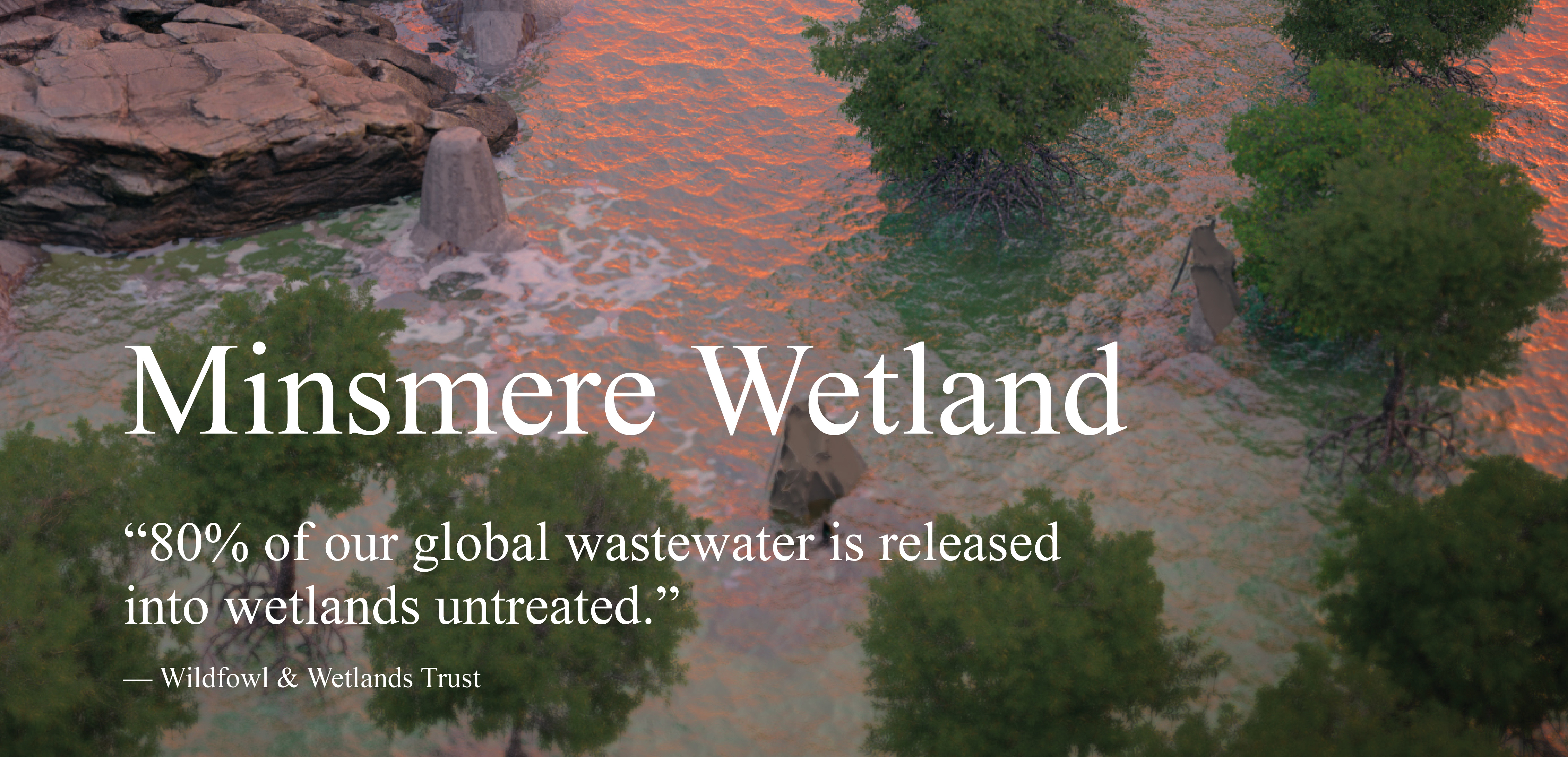

 .
. 
Images: More-than-human personas, a set of cards to use in non-expert spaces and conversations, by Designed Ecology. VFX artwork kindly provided by artist Marie Walker-Smith.

Image: Ecological Intelligence Agency (working title) by Superflux
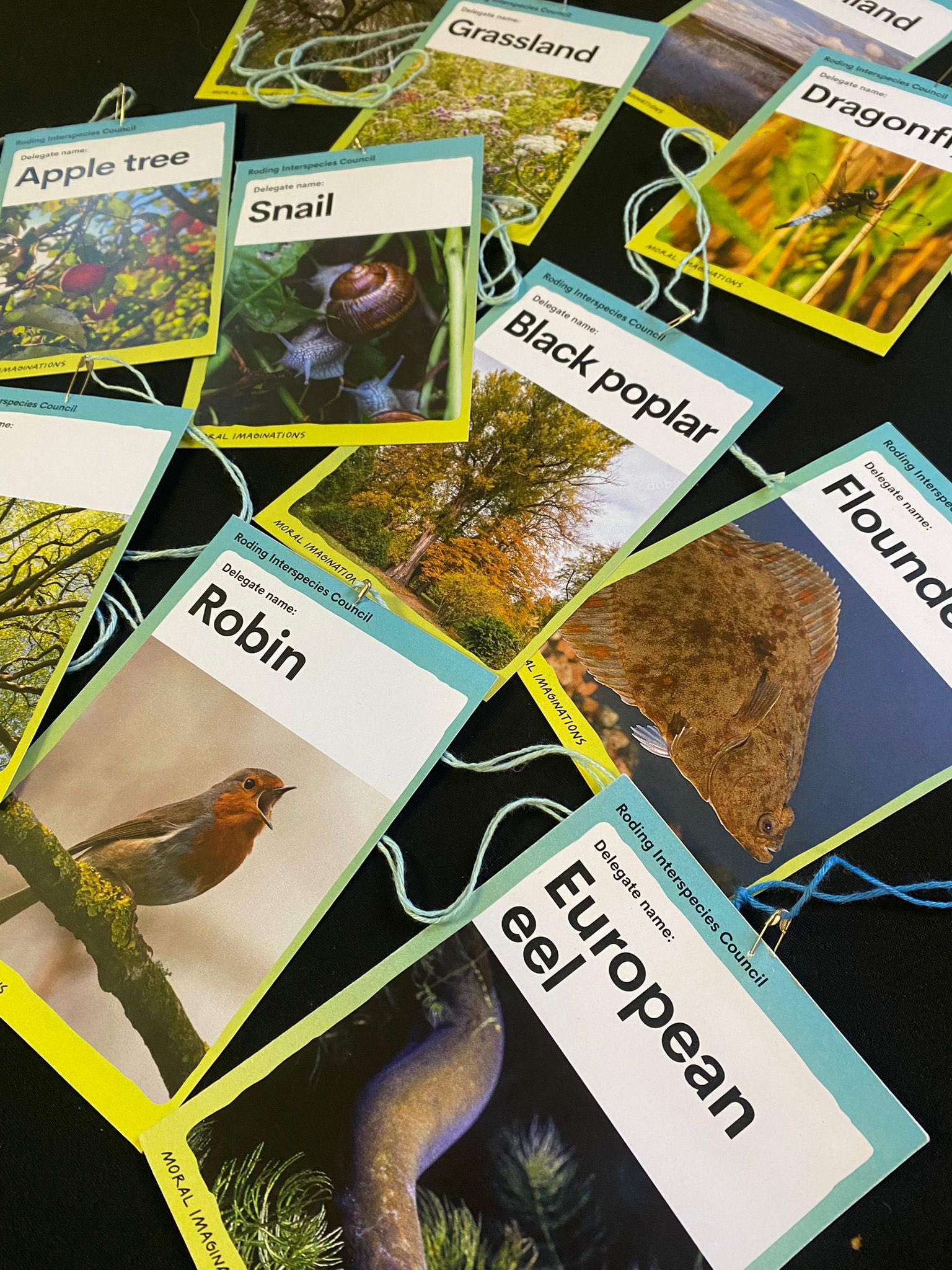
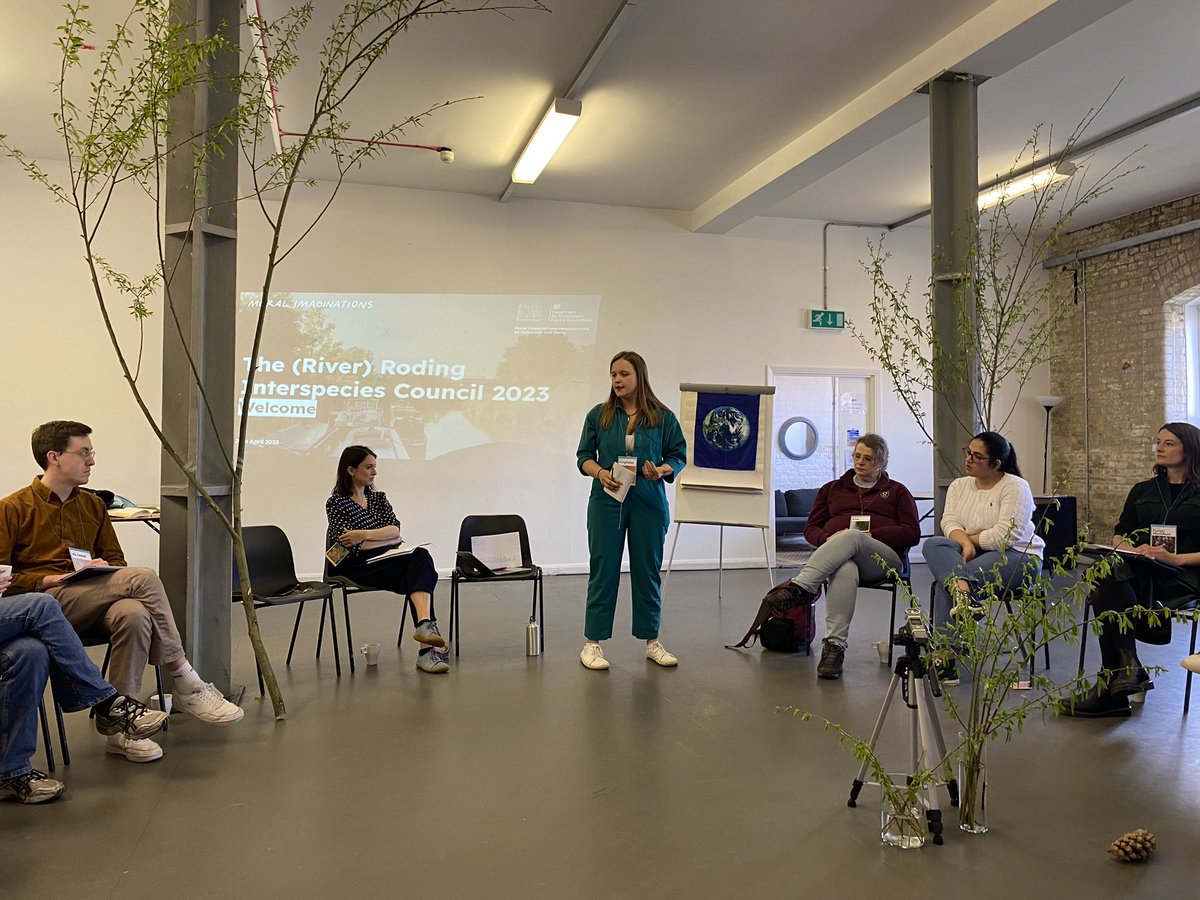
Images: The Roding Interspecies Council by Moral Imaginations
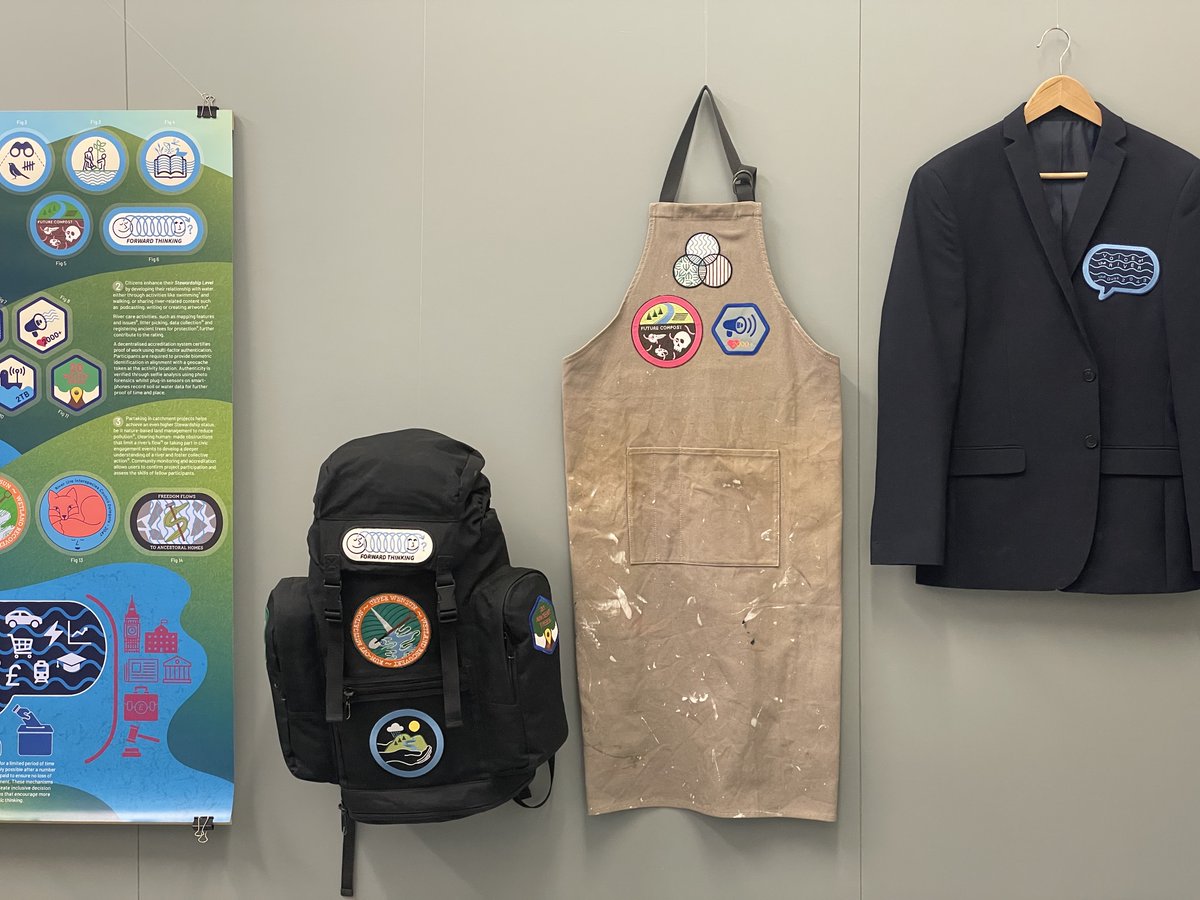
Image: Developing River Fluency and Representation by Policy Lab
Acknowledgements:
Thanks to Neha Sharma, Victoria Robinson, the teams at Policy Lab, and Philip Tovey at DEFRA for the opportunity.